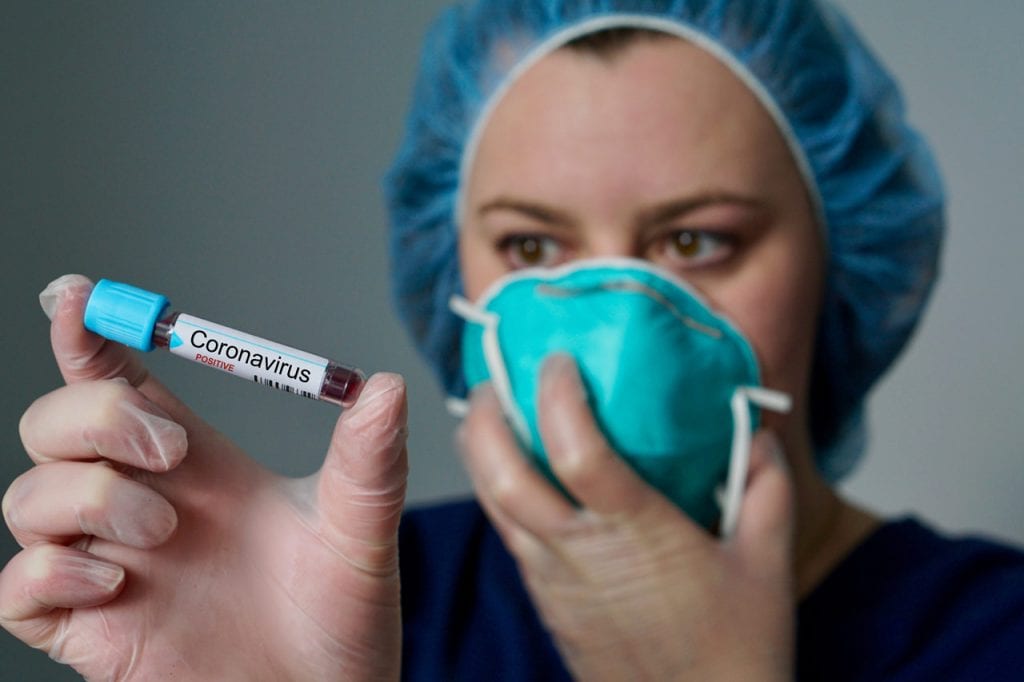Introduction
Media coverage of the Wuhan, China, origins and spread of Novel Coronavirus has been intense and MM members will undoubtedly be aware of this health risk. It is now confirmed that the virus is being spread by human to human contact and infection has extended globally. This Risk Bulletin is focused on the potential Novel Coronavirus danger to ships and their crews, especially those currently trading into China and other countries where the virus has now surfaced.
Background
On 31 Dec 2019, the WHO was alerted to several cases of pneumonia in Wuhan City, Hubei Province, China. One week later, on 7 January, Chinese authorities identified a new Coronavirus from a family of viruses which includes the common cold, SARS and MERS. The Novel Coronavirus virus has been formally designated by the WHO as 2019-nCoV.
On 30 Jan 2020, it was announced that the WHO have elevated the Coronavirus to a ‘Public Health Emergency of International Concern’. At the time of writing this Risk Bulletin, there is no specific treatment for Coronavirus and no vaccine has yet been developed.
Crew and Passenger Safety
To optimize crew and passenger safety, MM recommends that members should:
1. Stay fully informed by checking the WHO Novel Coronavirus page daily.
2. Well before arrival at an affected port area, ensure that all crew and passengers understand the dangers of infection and the WHO recommended procedures to minimise those dangers.
NOTE: The WHO website provides downloadable coloured health and hygiene posters suitable for printing and posting in the ship’s galley, messrooms and other public areas on board. MM recommends their utilisation.
3. MM’s suggested Coronavirus prevention and control checklist for shipboard use, based on the WHO’s basic guideline for reducing the transmission of disease, is as below:
| Know the symptoms | Fever, cough, shortness of breath and breathing difficulties. In more severe cases: pneumonia, severe acute respiratory syndrome (SARS) and kidney failure. If a crewmember exhibits signs of infection, seek urgent medical attention and control the spread of infection as per your contingency plan. |
| Upgrade ISPS ship security control | Upgrade to Security Level 2 heightened risk standard for ship and gangway security when in affected ports. Have an effective hand sanitiser ready for use upon entry onto the ship. If someone trying to board exhibits symptoms – refuse access and report. Tighten restrictions into the ship’s accommodation – keeps doors locked. |
| Do not touch people who appear to be sick | Avoid unprotected physical contact with sick persons. Do not touch an infected person’s belongings, clothes, sheets or their bodily fluids. |
| Avoid touching animals | Avoid contact with animals and surfaces that have been in contact with animals. |
| Ensure safety of crew shore leave and passenger excursions | Obtain the latest advice from the port agent on crew safety while ashore. Consider carefully whether it is safe to grant crew shore leave when calling at affected ports. Avoid making crew changes in the ports of an affected country. |
| Boost defensive hygiene | Wash hands regularly with soap and hot clean water – then use an effective hand sanitiser. Keep away from people with cold or flu symptoms. Cover mouth and nose with tissue when coughing or sneezing – then discard into a closed bin and wash your hands. Handle raw and cooked foods separately – use different knives and chopping boards. Cook meat and eggs thoroughly. |
Conclusion and Takeaway
The Novel Coronavirus epidemic is now set at WHO ‘International Emergency’ level. The total number of cases and deaths is rising exponentially and the concern is that, globally, there are many more unreported cases. The only upside is that there are now many reported cases of full recovery from the flu-like disease. Bearing in mind that there is no specific treatment or vaccine currently available, preventative measures are the only real defence available to the Novel Coronavirus. MM, therefore, urges all of its members to heighten both their own awareness and the understanding of their ship managers, masters and crew of the dangers presented and defences available. All parties concerned should also check the WHO Novel Coronavirus webpage daily and act accordingly.


